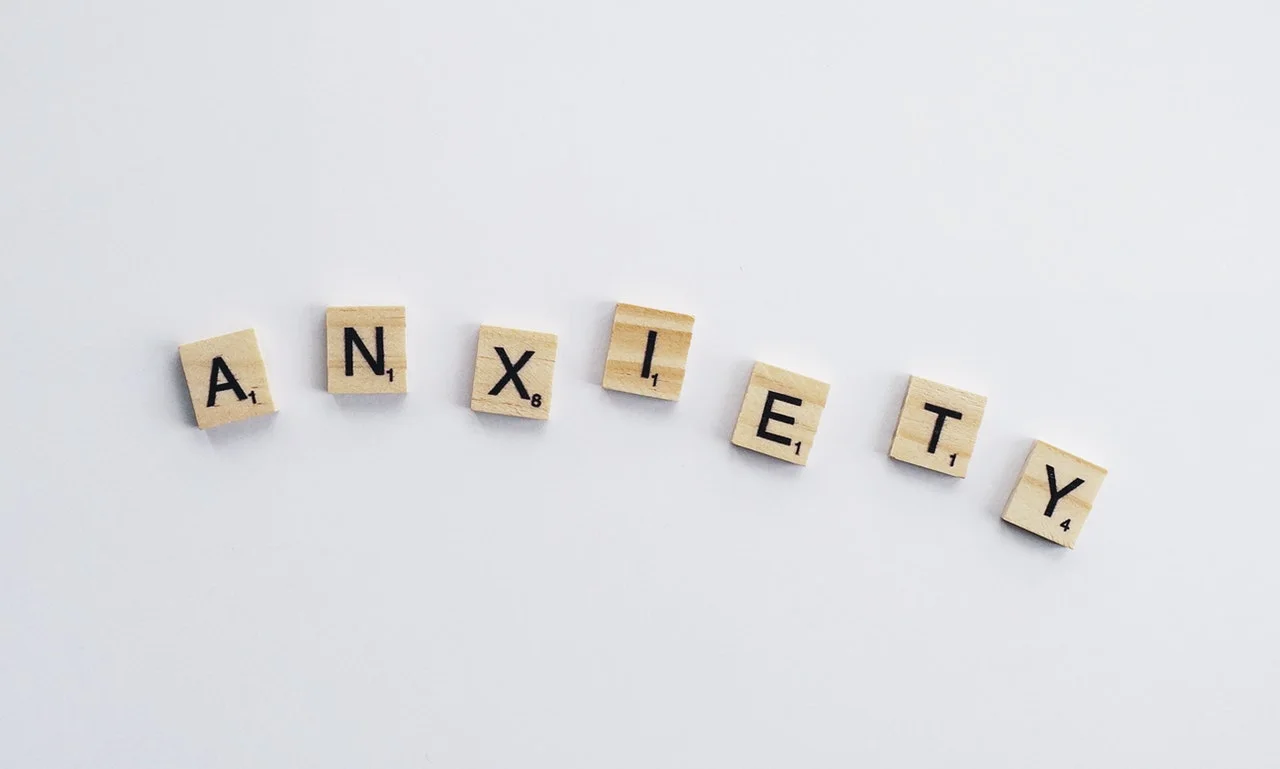
4 Impacts of the Coronavirus on Mental Health and How to Overcome Them

❝4 Impacts of the Coronavirus on Mental Health and How to Overcome Them❞
Pandemic took us all by surprise and made us realize how little of the mental power that we are capable of we have been using throughout life.
What we are experiencing at the moment is not something that we are prepared for and expect to live through in our lifetime, therefore, we have been faced with the necessity to engage in mental creativity we weren’t aware of having. Situations like this are extreme and call for extreme measures, which significantly impacts every area of our lives; including those that we never expected to be problematic.
Therapy should be personal. Our therapists are qualified, independent, and free to answer to you – no scripts, algorithms, or company policies.
Find Your Therapist
The following are 4 greatest challenges that most people have been experiencing and that have been having a great impact on their mental health during the time of quarantine:
Fear of Becoming Ill and/or Transmitting to Others
Anxiety, panic and obsessive-compulsive thoughts and behaviours are the daily reality of many. Fear about becoming ill, transmitting the virus to other people in the community or loved ones, collective conscious and identification with other people throughout the world, taking over other people’s feelings and fears, and realizing that for the first time, the danger is not “somewhere out there,” but that we are all exposed to it, are all valid reasons that trigger symptoms of anxiety and panic, helplessness, and obsessive-compulsive actions such as frequent hand-washing, and making sure that all the surfaces around us are properly cleaned.
How to Help? – Practising mindfulness through checking-in with your thoughts, acknowledging and normalizing your fears, meditation and journaling. Speaking to your therapist online, physical activity and occupying your time by engaging in a hobby and activities that invite you to remain engaged and focused on what you are currently doing, without allowing your mind to wander. Staying informed, but not overly – check updates on the situation in the morning and in the evening, try not to overwhelm yourself with news and articles as that will significantly increase your symptoms of anxiety.
Financial Struggles
Many lost their jobs, were temporarily laid off, or were sent home until further notice without pay. Inability to pay rent and bills, anticipation anxiety about one’s future and the future of their career, as well as uncertainty about basic survival needs, have all been a great cause for anxiety for many people. Some people are, and will be, forced to perhaps change their career upon end of the pandemic, move to another city, or change their home, which will further cause adjustment problems and more anxiety caused by uncertainty and changing one’s life completely.
How to Help? – As difficult as it sounds, focus on the present. This situation is unpredictable and trying to plan ahead is not helpful. Budget on a day to day basis, identify the support system, and make a list of possibilities that could secure some sort of income at the moment, and once the pandemic is over. Don’t worry about working in your own field or continuing the career of your dreams, rather focus solely on securing an income that will allow you to cover the basic needs while looking for more suitable options for yourself. Don’t feel embarrassed or uncomfortable and believe that you are taking steps back in life; this situation is a global crisis and it is not indicative of your abilities, talents and qualities as a person or a worker.
Social Distancing vs Virtual Overstimulation
Social distancing has been one of the major problems that communities have faced since the pandemic started. Challenges such as loneliness, lack of social support and isolation have been an additional stressor to the existing fear of contracting the virus. On the other hand, we are faced with a completely opposite problem of virtual overstimulation. Although technology allows us to remain connected, join video chats and even engage in remote learning, as the only means of communication and often driven by fear and boredom, virtual contact could become overwhelming. People are calling one another more, exchanging memes and news articles about the pandemic, and sharing their opinions on social media, which could further increase anxiety, cause guilt for not responding to someone’s outreach, and lead to emotional exhaustion and lack of self-care.
How to Help? – Set clear boundaries with your electronic devices. Do not respond to every phone call or message if you don’t feel like it or would rather do something else. You reserve the right to say “no” even during pandemic! Limit the time spent on social media or engaging in conversations with people; also limit watching the news and reading articles, as remaining overly informed will continue to build anxiety.
Relationships
Romantic, family, friendships – all relationships are changing their form during this time. Conflicts are likely to arise for those who are now spending almost the entire day together, as emotions are heightened, and people are more likely to react to even the smallest triggers. Fear and anxiety are also driving forces, and couples and family members should be aware of that. On the other hand, couples who don’t live together, friends and relatives could drift apart as they have no personal contact. Still, some people may find that spending more time with their loved ones is bringing them closer, and some relationships may be repaired. Calling a long-lost friend to check-in on them at this difficult time, may rekindle the friendship.
How to Help? – Have healthy and open conversations with your loved ones; speak to them about your needs, the necessity for alone time, reach out to those that you are unable to see and tell them how much you miss them. Keep lines of communication open and ensure that each person is getting their own time to do what they would like to do, that they are able to engage in their self-care activities and be there to support them.
Empathy is key in maintaining healthy relationships, and now is the time to implement it as much as possible. Everyone’s reaction to the current situation is different, and we should all be mindful of that. Instead of engaging in an argument if the person’s reaction is strong, ask them a simple question of, “What is going on with you emotionally at this moment, how can I help?” and simply be there for them.
Photo by Danka & Peter on Unsplash
Important: TherapyRoute does not provide medical advice. All content is for informational purposes and cannot replace consulting a healthcare professional. If you face an emergency, please contact a local emergency service. For immediate emotional support, consider contacting a local helpline.
Creating Space for Growth: How Boundaries Strengthen Relationships
Setting boundaries in relationships is one of the most important yet often overlooked aspects of maintaining healthy connections with others. Boundaries are personal limi...
International Mutual Recognition Agreements for Mental Health Professionals
Table of Contents | Jump Ahead Executive Summary Part I: Bilateral Agreements Part II: Multilateral Frameworks Part III: Profession-Specific Frameworks Part IV: Assessmen...
Jumping to Conclusions
Table of Contents Definition Key Characteristics Theoretical Background Clinical Applications Treatment Approaches Research and Evidence Examples and Applications Conclus...
Case Conceptualisation
Table of Contents Definition Key Characteristics Theoretical Background Clinical Applications Conceptualisation Process International Perspectives Research and Evidence P...
Guided Discovery
Table of Contents Definition Key Characteristics Theoretical Background Clinical Applications Treatment Applications Research and Evidence Techniques and Methods Professi...
About The Author

“An empathic, culturally sensitive psychotherapist, tailoring my approach to each individual client to meet their specific needs.”
Suzana Sjenicic is a qualified Psychotherapist, based in Queens, Ridgewood, United States. With a commitment to mental health, Suzana provides services in , including Family Therapy, Relationship Counseling, Psychoeducation, Individual Therapy and Relationship Counseling. Suzana has expertise in .

Related Articles

IMPACT OF COVID-19 ON Person with disabilities
Knows your rights. Know your risks. Take appropriate precautions. If in doubt, consult your treating Doctor.

Managing Your Anxiety During the Coronavirus Outbreak
We can effectively manage our anxiety as we learn more about the virus by adopting these three (3) general tips for coping with anxiety.